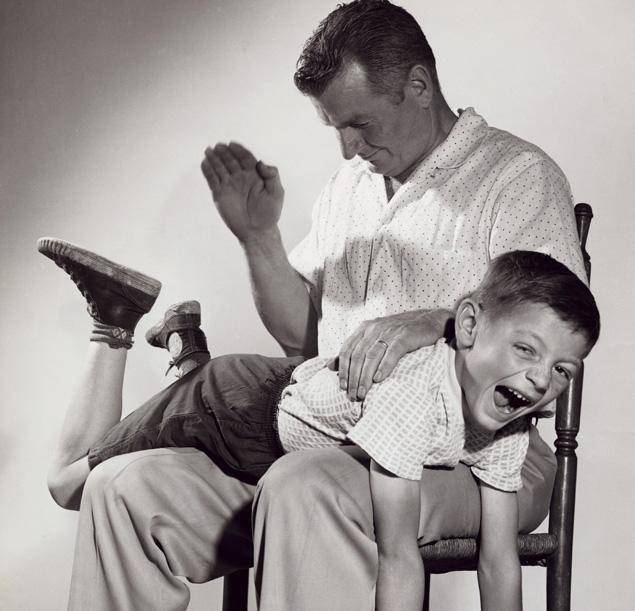9 Things That Other Countries Deemed Illegal And The U.S. Finds Perfectly Suitable
There are a lot of things that are illegal in the United States, but there are even more, seemingly random,Â

Canada outlawed baby walkers in 2004, saying they could be dangerous to babies, as well as delay motor and mental development. Anyone in possession of, or selling a baby walker, can face fines up to $100,000 or six months in jail.

If you didn't think the French were snooty before, get ready. In 2011, they banned ketchup in school cafeterias to preserve the flavor of French cuisine.

In 2010, the Ministry of Culture in the Islamic Republic of Iran banned what they considered "decadent" western hair styles for men. That included spikes, ponytails and yes, mullets. (Personally, I think banning mullets worldwide would be a good choice, get on that UN.)

The first country to ban plastic bags was Bangladesh in 2002. After that, the bans have caught on all around the globe. Here in the United States some individual cities have bans on the bags, and California has moved to ban them statewide.Â

Actually chewing gum was never made illegal in Singapore, but the country outlawed importing and selling it in 1992. 12 years after the original ban, it was edited to allow people to get a prescription for sugar-free gum that has oral health benefits. They can still face intense fines if they spit it out on the ground though.

If you're living in Denmark and have a baby, the government has a list of 7000 "appropriate" names you can choose from. If you want to name your baby something other than what's on the list, you have to have approval from a church. Countries such as New Zealand, Sweden and many more have similar laws

Cuba led the charge in this department in 2005 by banning the sale and import of incandescent bulbs in favor of CFLs. Argentina did the same in 2010 and European Union countries in 2012.

Sweden banned parents spanking their children in 1979 and since then 45 other countries have followed suit. In the United States on the other hand, corporal punishment is still allowed in school in 19 states.

Bhutan outlawed the cultivation, harvesting, production and sale of tobacco products in 2010. Consumption of these products is still legal, if you can get it.
